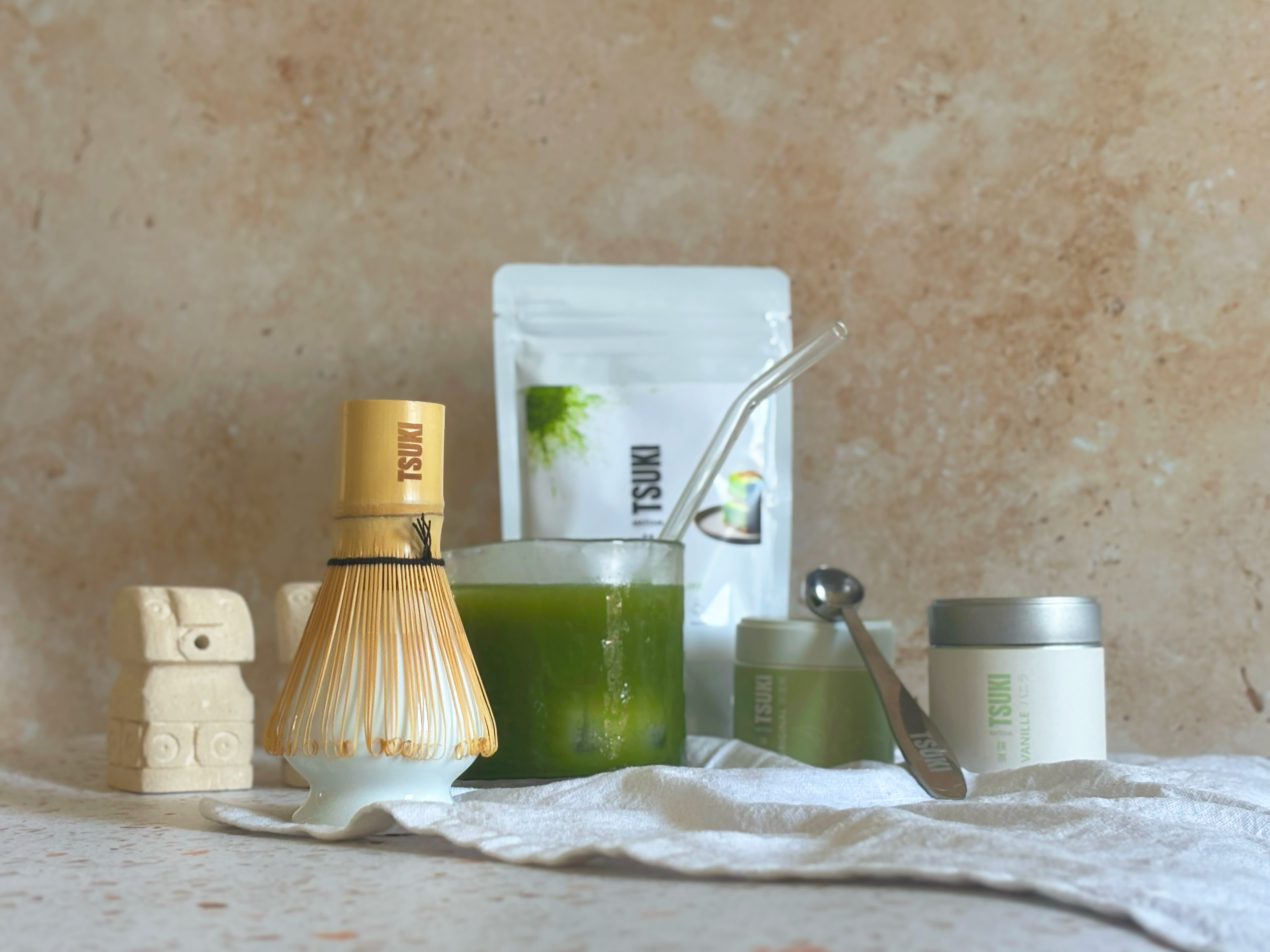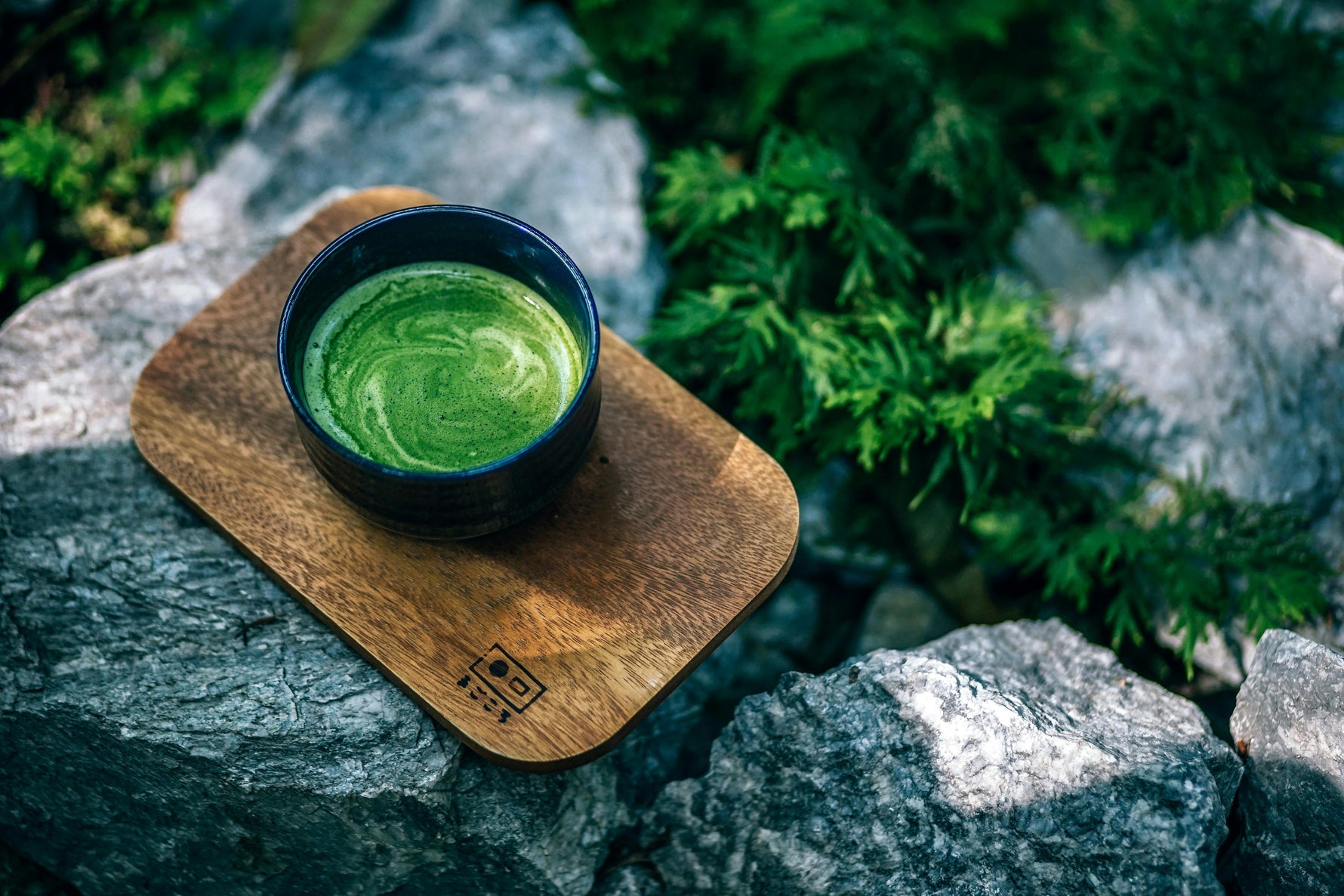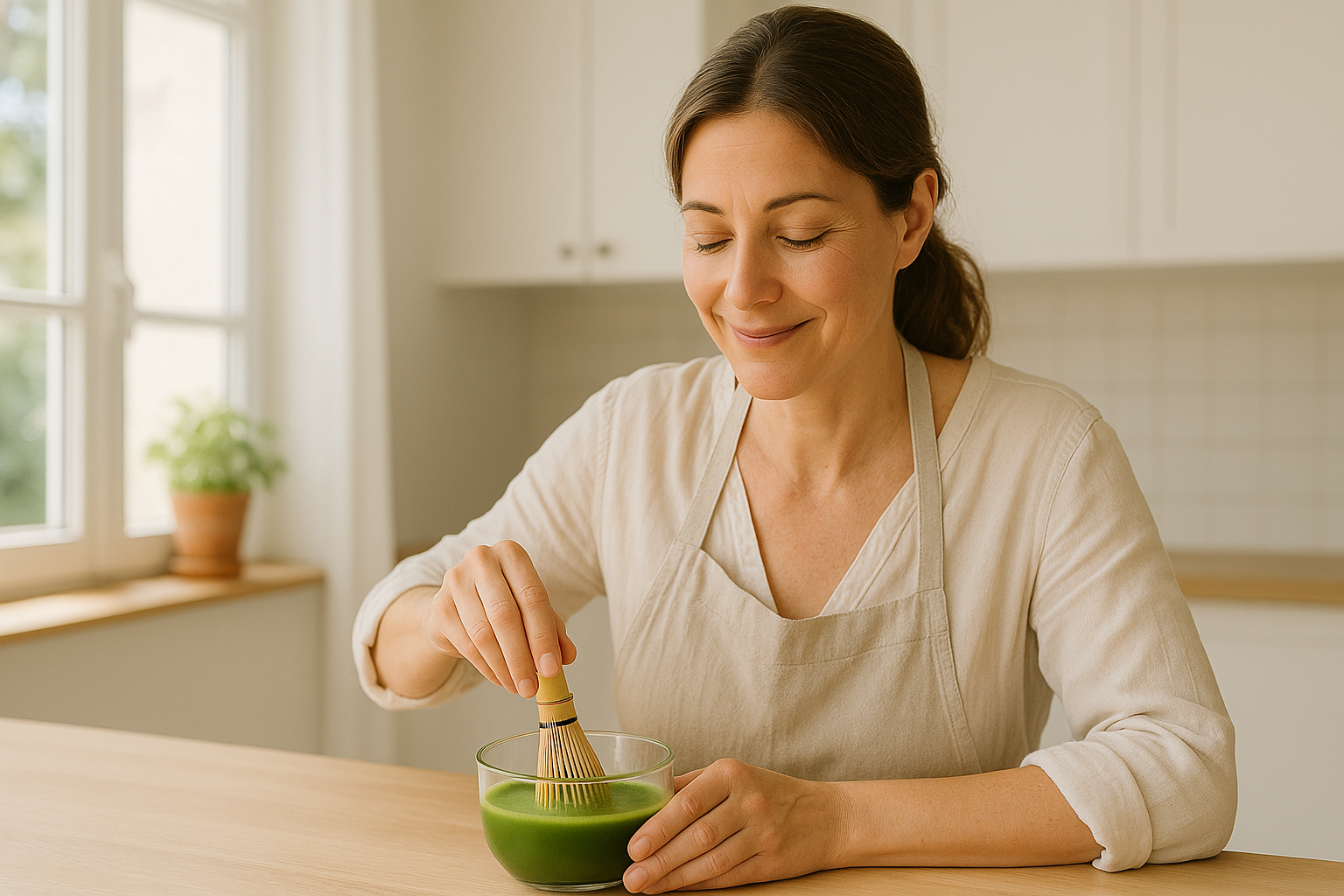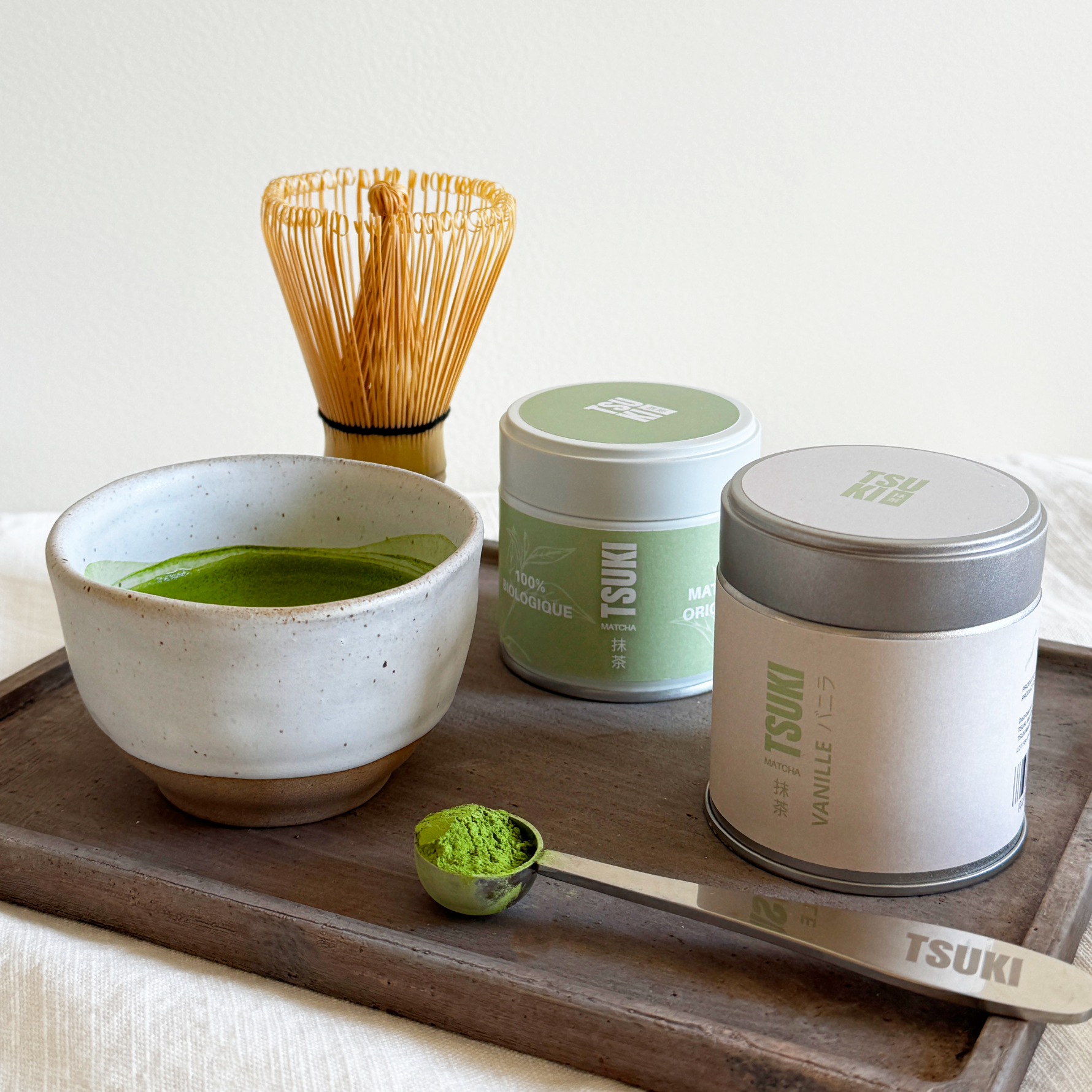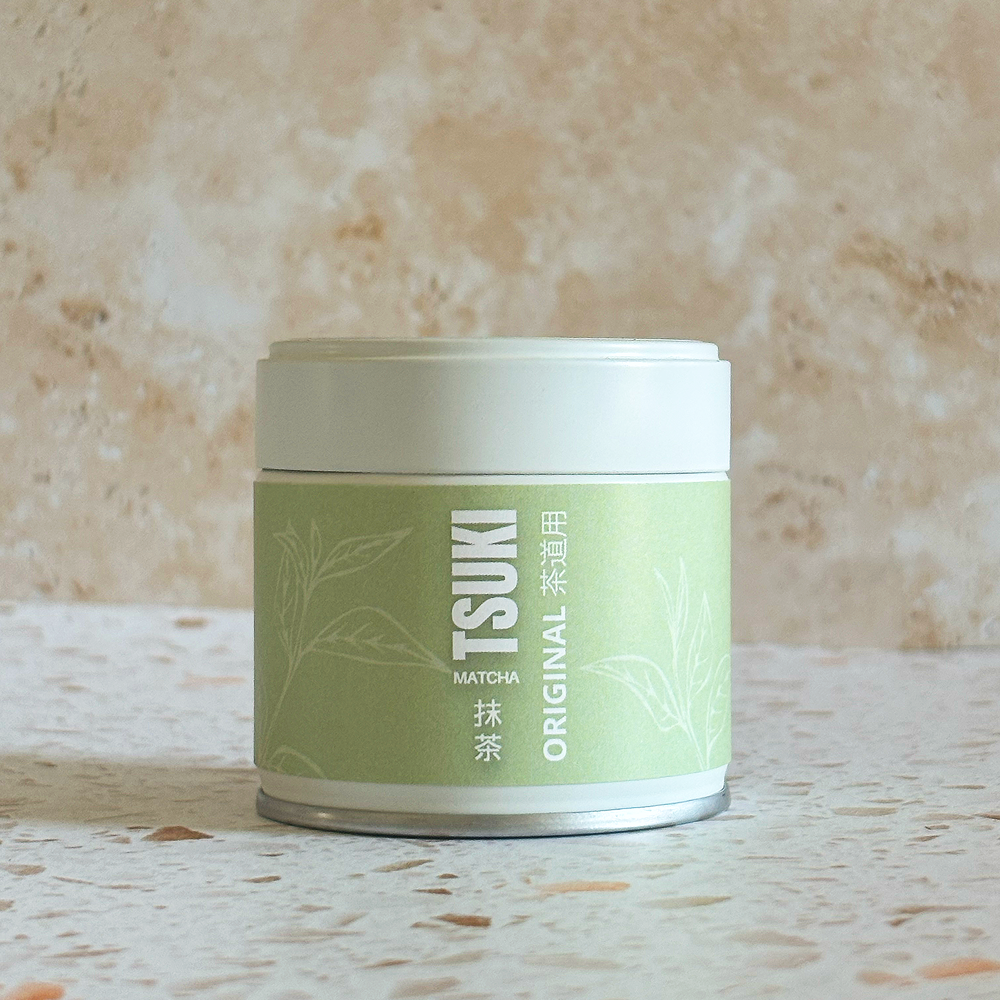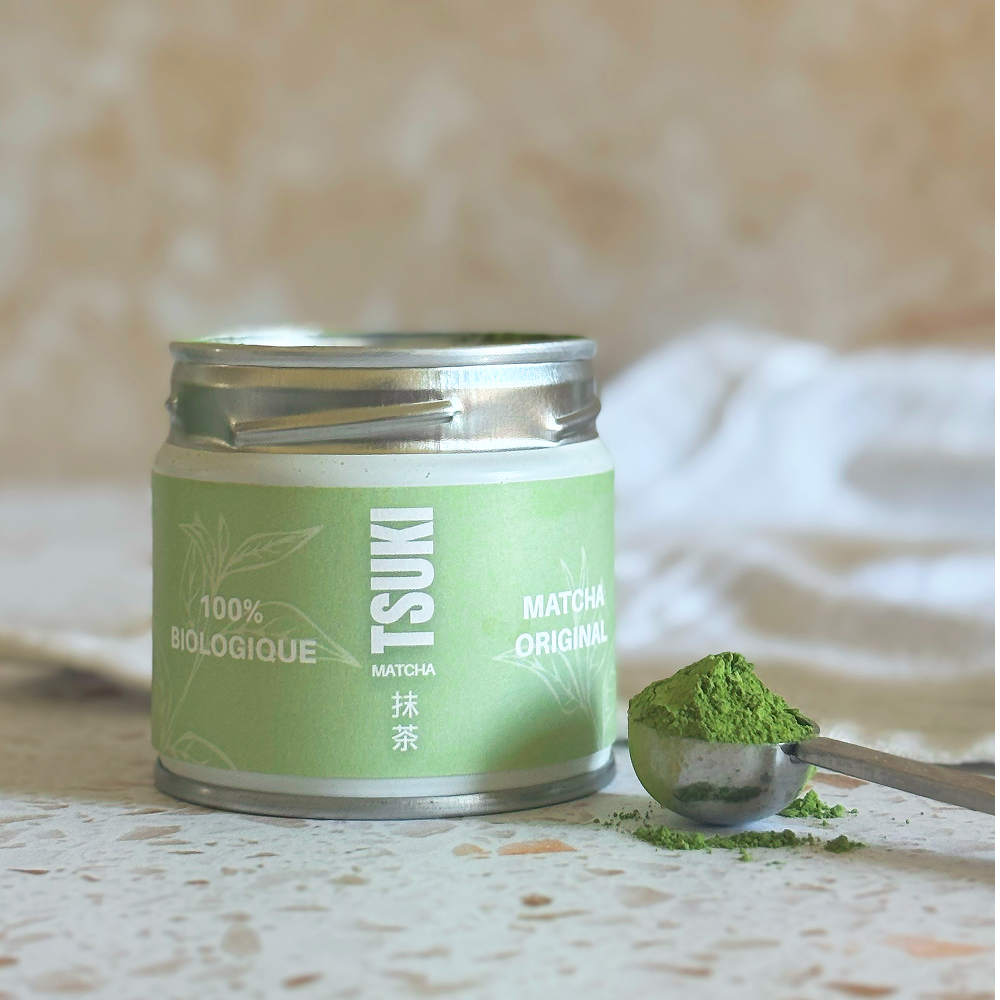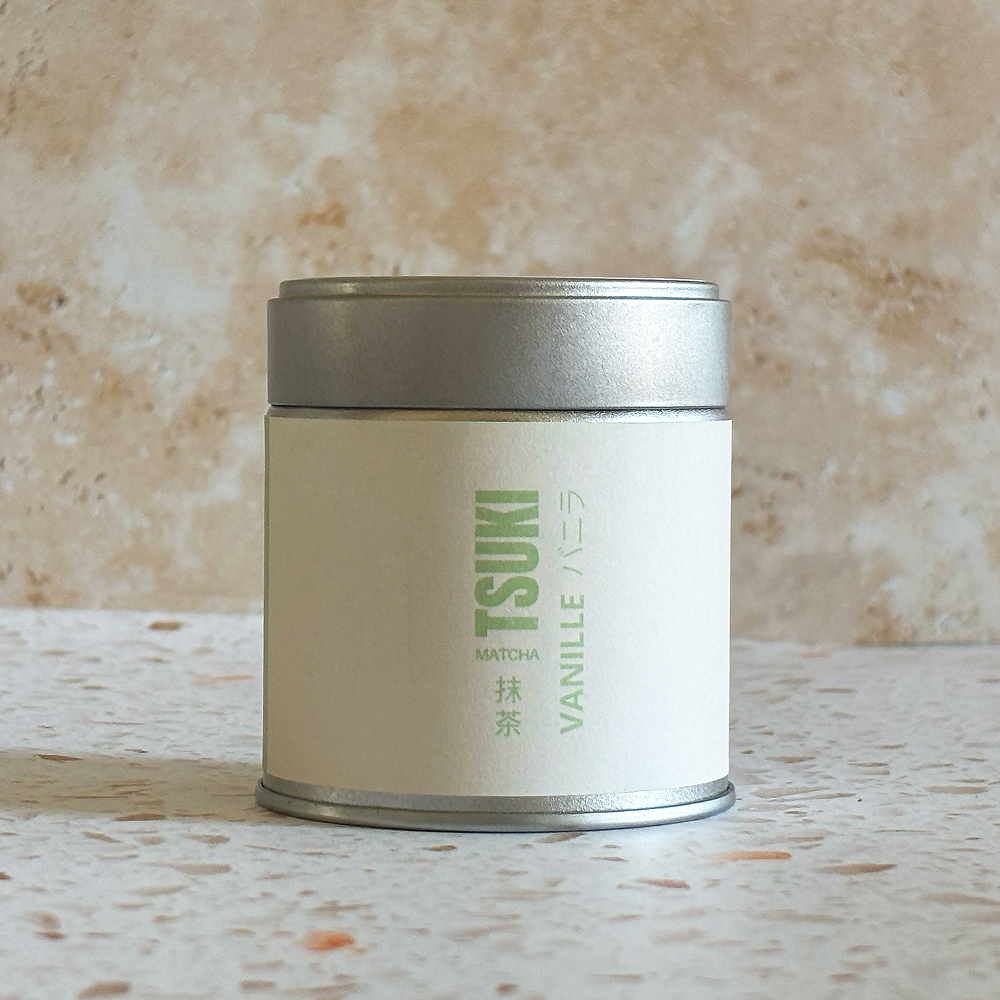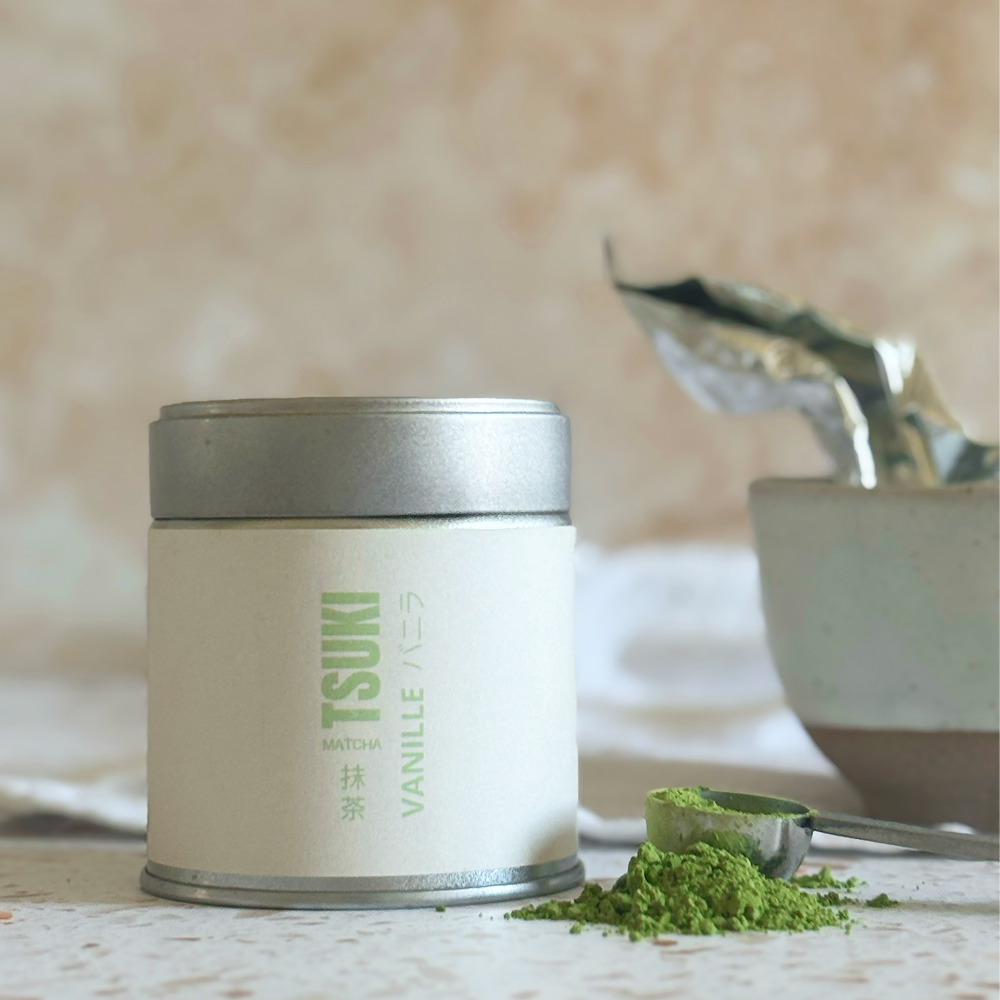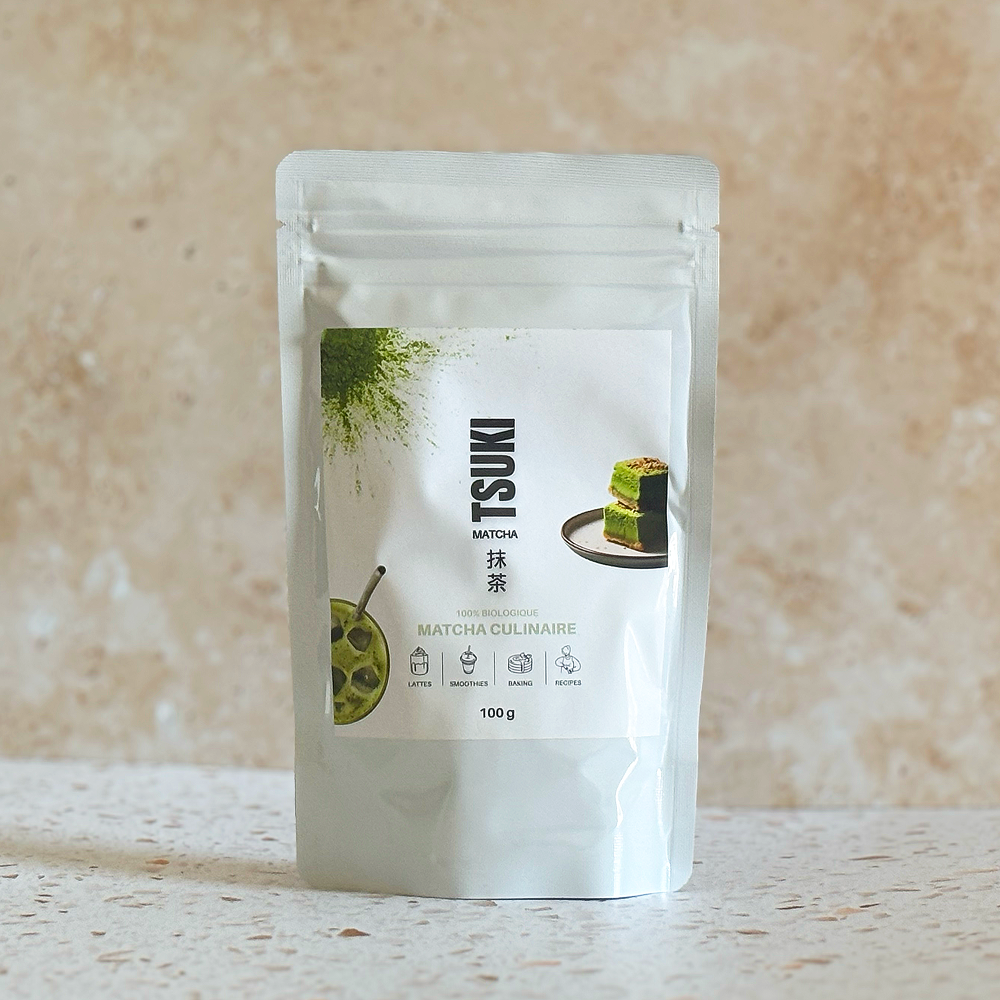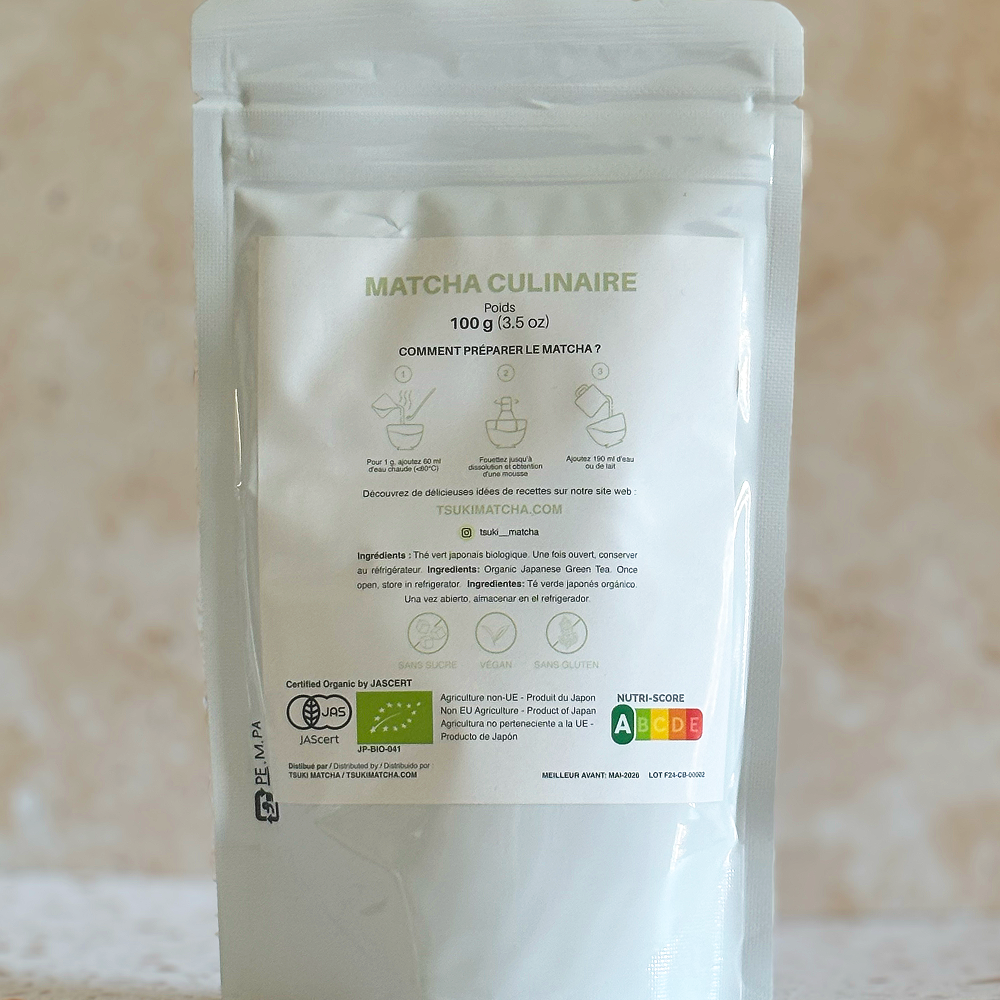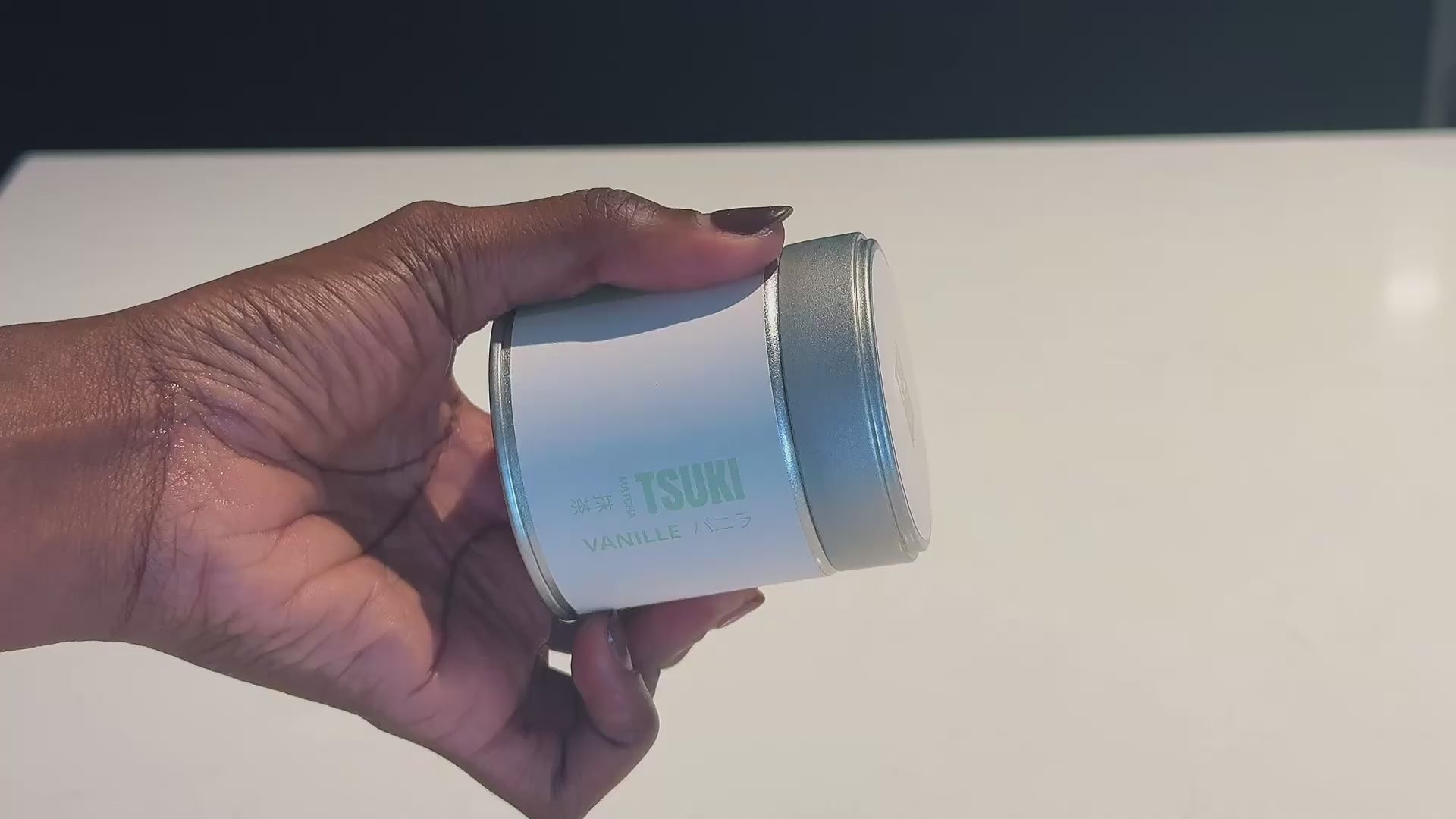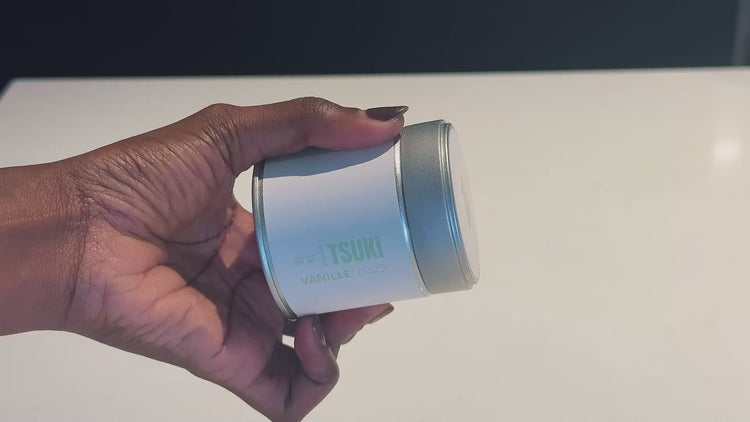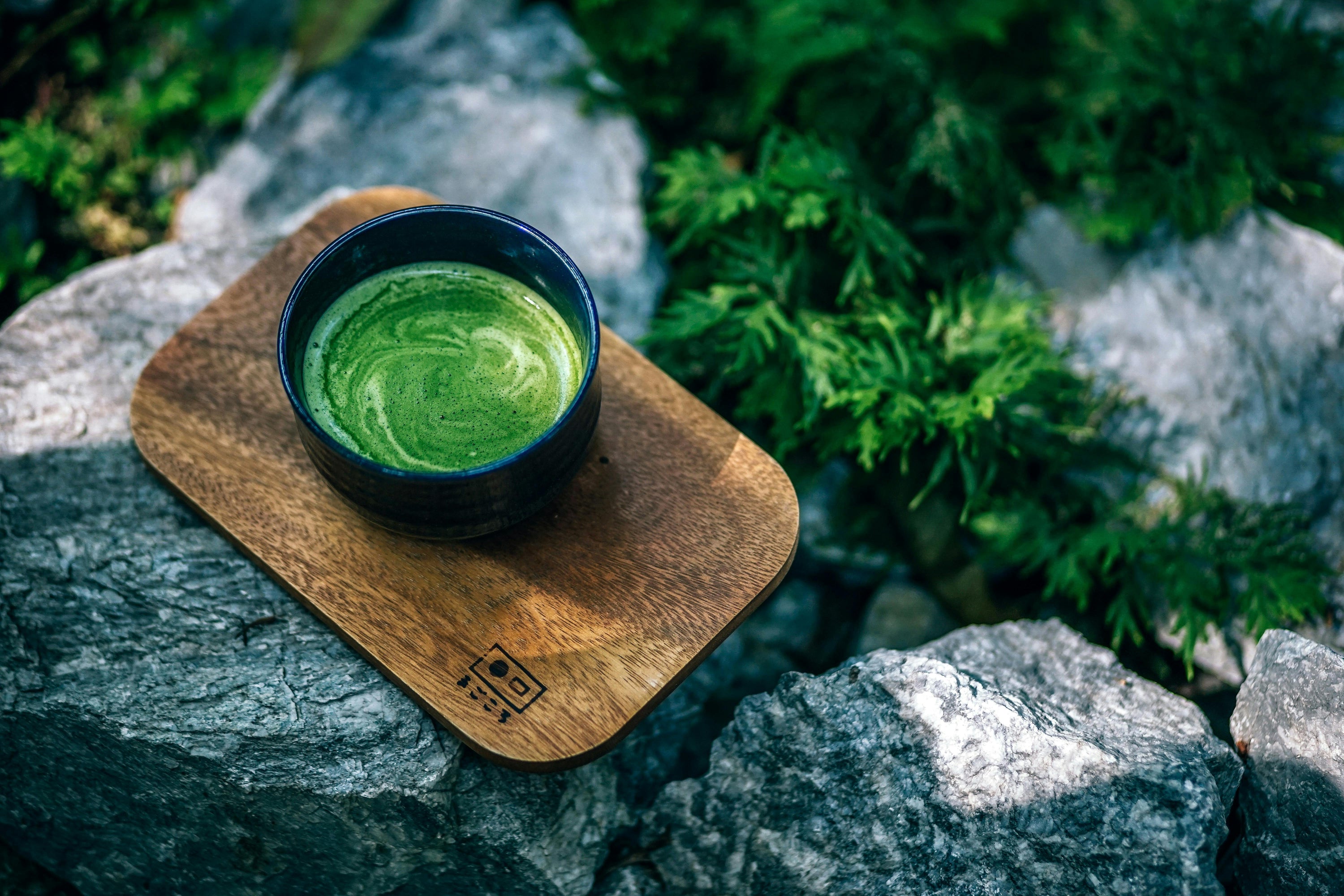
The effects of matcha on concentration and memory
Matcha: An ally for concentration and memory?
Matcha, a finely ground green tea powder, is gaining in popularity for its many benefits. But beyond its unique taste, its effects on concentration and memory are increasingly being studied.
Matcha's active compounds and their role
The cognitive properties of matcha are mainly attributed to its richness in bioactive compounds, including:
- L-theanine: This amino acid, unique to green tea, promotes relaxation without causing drowsiness. It works synergistically with caffeine to improve attention and alertness, promoting a state of calm and optimal concentration.
- Caffeine: A well-known natural stimulant, caffeine improves alertness and cognitive performance. In moderate quantities, present in matcha, it boosts brain function without causing excessive anxiety.
- Catechins: Powerful antioxidants, catechins, particularly EGCG (epigallocatechin gallate), protect brain cells from oxidative stress, helping to maintain long-term cognitive health and prevent cognitive decline.
For those who are looking for a matcha that is gentle, well-balanced and concentrated in natural active ingredients, Matcha is the perfect choice. matcha Original TSUKI is an excellent option. Its bitterness-free aroma profile and high L-theanine content make it an ideal accompaniment to a day's work or study.
Matcha and concentration: proven improvement?
Several studies suggest a significant improvement in concentration after matcha consumption. The combination of L-theanine and caffeine appears to be the key to this effectiveness. L-theanine attenuates the sometimes anxiety-inducing stimulating effects of caffeine, creating an optimal state of alertness conducive to sustained concentration. Research shows an improvement in cognitive performance, particularly on tasks requiring attention and vigilance.
Matcha and Memory: Promising effects
Although research is still ongoing, preliminary studies indicate that matcha may have a positive impact on memory. The antioxidants present in matcha protect the brain against oxidative damage, which is implicated in cognitive decline and memory impairment. In addition, the cognitive stimulation provided by L-theanine and caffeine may promote memory consolidation.
How to use Matcha to optimize its effects?
To take full advantage of matcha's benefits for concentration and memory, we recommend :
- Choose quality matcha: Opt for ceremonial or culinary-grade matcha, guaranteeing a high concentration of active compounds.
- Consume moderately: start with a small dose and gradually increase to find the amount that suits you best. One to two cups a day is usually sufficient.
- Preparing matcha correctly: Use hot (but not boiling) water to preserve the active compounds.
- Combine with a healthy, balanced diet: A diet rich in essential nutrients also contributes to cognitive health.
Conclusion: Significant potential, but further study required
Matcha has significant potential for improving concentration and memory, thanks to its unique composition of L-theanine, caffeine and antioxidants. However, further research is needed to fully confirm these effects and determine optimal doses. In the meantime, the moderate integration of matcha into a healthy diet and balanced lifestyle appears to be a promising approach to supporting cognitive function.
Note: This article is for information purposes only and does not replace medical advice. Consult a healthcare professional for any questions you may have concerning your health.

